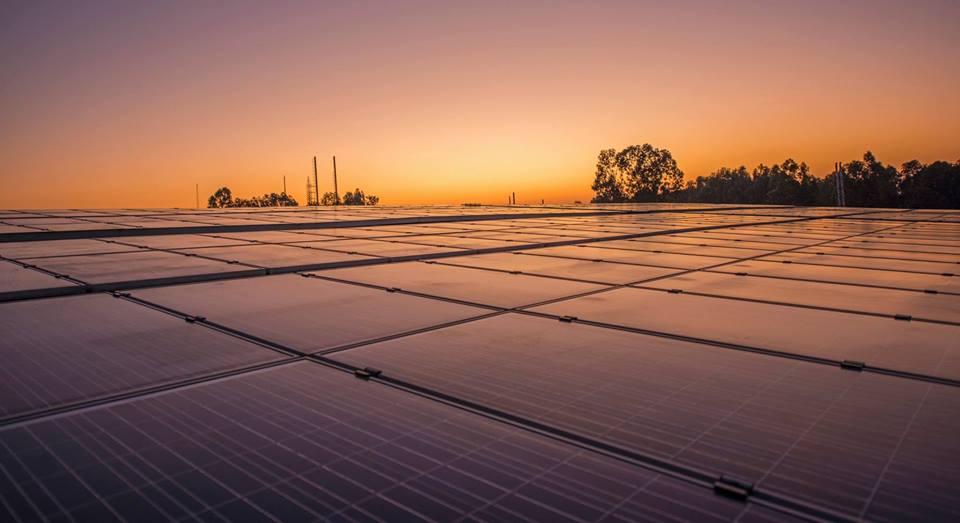
India has proposed a compromise in its trade dispute with the US by removing its local content requirement from private sector solar projects and continuing them in the public sector.
In August last year, the World Trade Organisation (WTO) ruled against India’s Domestic Content Requirement (DCR) for locally sourced cells and modules to be used in certain Indian solar projects under the National Solar Mission.
Try Premium for just $1
- Full premium access for the first month at only $1
- Converts to an annual rate after 30 days unless cancelled
- Cancel anytime during the trial period
Premium Benefits
- Expert industry analysis and interviews
- Digital access to PV Tech Power journal
- Exclusive event discounts
Or get the full Premium subscription right away
Or continue reading this article for free
India appealed against the ruling, which gave it a reprieve from having to implement the changes for two years and it has continued to allocate capacity under the DCR. However, with a final WTO ruling imminent, India has proposed moving the DCR content entirely onto the public sector and government-based solar projects such as railways and defence in order to appease the US.
Sourya Choudhary, assistant vice president of corporate strategy and business development at Indian integrated utility and solar manufacturer Essel Infraprojects, told PV Tech: “This proposal, if materialized, will definitely give a fillip to the domestic solar manufacturers in India. If we consider just the two sectors mentioned for non-commercial consumption, namely railways and defence, we are looking at 1,000MW of solar and 132MW windmill-based generation for railways and 300MW of solar for defence respectively.”
Choudhary added that this is likely to propel domestic solar manufacturing capacities and capabilities in line with prime minister Narendra Modi’s ‘Make in India’ campaign, which aims to boost domestic manufacturing.
An analysis from consultancy firm Bridge to India said that 1,315MW of projects have already been allocated under the DCR and it accounts for less than 5% of the overall Indian market.
Choudhary noted that the railways and defence sector could therefore result in doubling the current domestic capacities.
Bridge to India, on the other hand, said that neither a settlement or withdrawal of the WTO case will substantially affect manufacturers either in the US or elsewhere, claiming that India's DCR requirements might have helped existing manufacturers in India, but it has failed to improve and increase investment in the domestic manufacturing sector as a whole.
Bridge to India added: “The Indian government understands that for the [solar] sector to grow at about 10GW a year, imports continue to be the dominant source of modules.”
The analysis also claimed that growth in the domestic sector will be propelled more effectively by progressive state-level industrial policies, a level playing field on taxation and other larger reforms, rather than by the DCR.
This year has already seen significant announcements regarding manufacturing within India. For example, a consortium between Essel Infra and China-based PV material manufacturer Golden Concord Holdings (GCL) signed a memorandum of understanding (MoU) with the Andhra Pradesh government to invest US$2 billion in developing 5GW of module manufacturing capacity by 2020. Meanwhile, the Solar Energy Corporation of India (SECI) also signed an MoU with the Russian Energy Agency (REA) for both entities to develop utility-scale solar PV plants and manufacturing facilities in India between the years 2016-2022.






